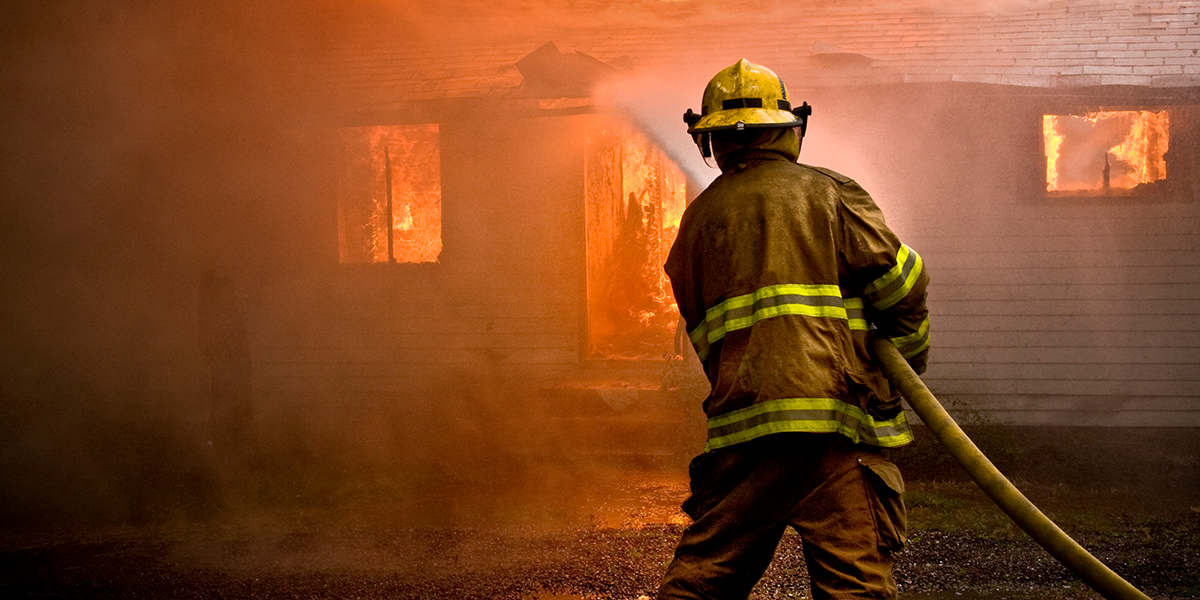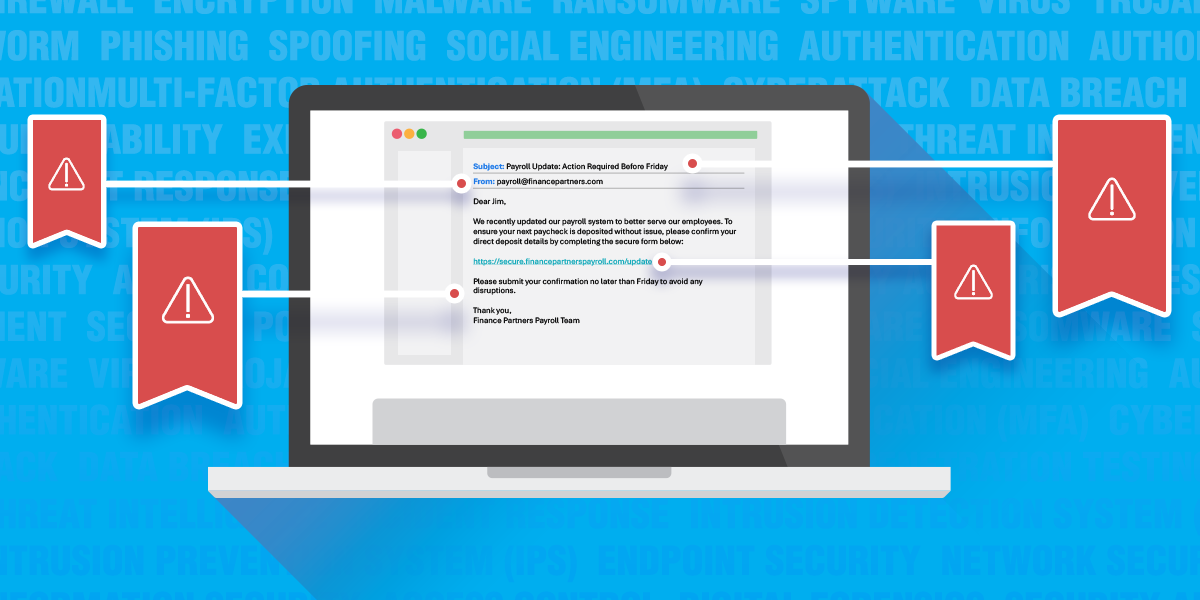HAI Group
Resource Center
Free Training
-
 Ally Modugno
Ally Modugno
- January 29, 2025
Playground Safety Through Creativity: Inside HAI Group’s Annual Poster Contest
Each year, HAI Group invites young residents to put safety first through creativity. The Playground Poster and Essay Contest is an annual tradition designed to engage children living in affordable housing while reinforcing important safety messages in a fun, age-appropriate way.

Recent Resources
- Filter:
- October 6, 2025
- September 30, 2025
- September 11, 2025
- May 1, 2025
- April 10, 2025
- April 2, 2025
Upcoming Programs and Events
Now Open
2026 Playground Safety Poster and Essay Contest
February 2026
HAI Group invites young residents aged 6-14 from policyholder organizations to participate in our annual Playground Safety Poster and Essay Contest. Participants are encouraged to share creative ideas that highlight ways to keep playgrounds safe and secure.
Read the contest details and apply.
Save the Date
2026 Loss Prevention Fund
March 1, 2026
HAI Group’s Loss Prevention Fund is a competitive annual reimbursement program for members, backed by a $3.5 million pool of funds. This program provides financial support for purchasing risk management and loss prevention products or services.
Risk Control Tips
RISK MANAGEMENT | Maintenance
RISK MANAGEMENT | Resident Safety
RISK MANAGEMENT | Maintenance
RISK MANAGEMENT | Emergency Planning
RISK MANAGEMENT | Water Safety
RISK MANAGEMENT | Maintenance
RISK MANAGEMENT | Cybersecurity
RISK MANAGEMENT | Maintenance
Dryer and Bathroom Vent Safety
RISK MANAGEMENT | Fire Safety
Curated Resource Centers
Explore targeted tools and insights to enhance your crisis, cybersecurity, and fire prevention strategies.
Crisis Communication Center
When tensions rise, the wrong words can erode trust, harm your organization’s reputation, or increase liability. Preparation makes all the difference. Explore our crisis communication resources for affordable housing organizations.
Cybersecurity Center
Cyberattacks on housing providers are rising, with cybercriminals using advanced tactics to breach systems and compromise sensitive data—threatening residents, employees, and stability. Start building a more cyber-resilient housing organization today.
Fire Prevention Center
HAI Group’s internal data paints a startling picture: the severity of fire losses experienced by policyholders continues to increase year-over-year, from an average of just under $40,000 per loss in 2018 to nearly $60,000 per loss in 2022.
Curated content from the public and affordable housing world
Risk management, insurance, and professional development tips exclusively for the affordable housing industry, delivered weekly to your inbox. Join the thousands of other housing professionals who look to HAI Group for up-to-date information and advice.






.jpg)